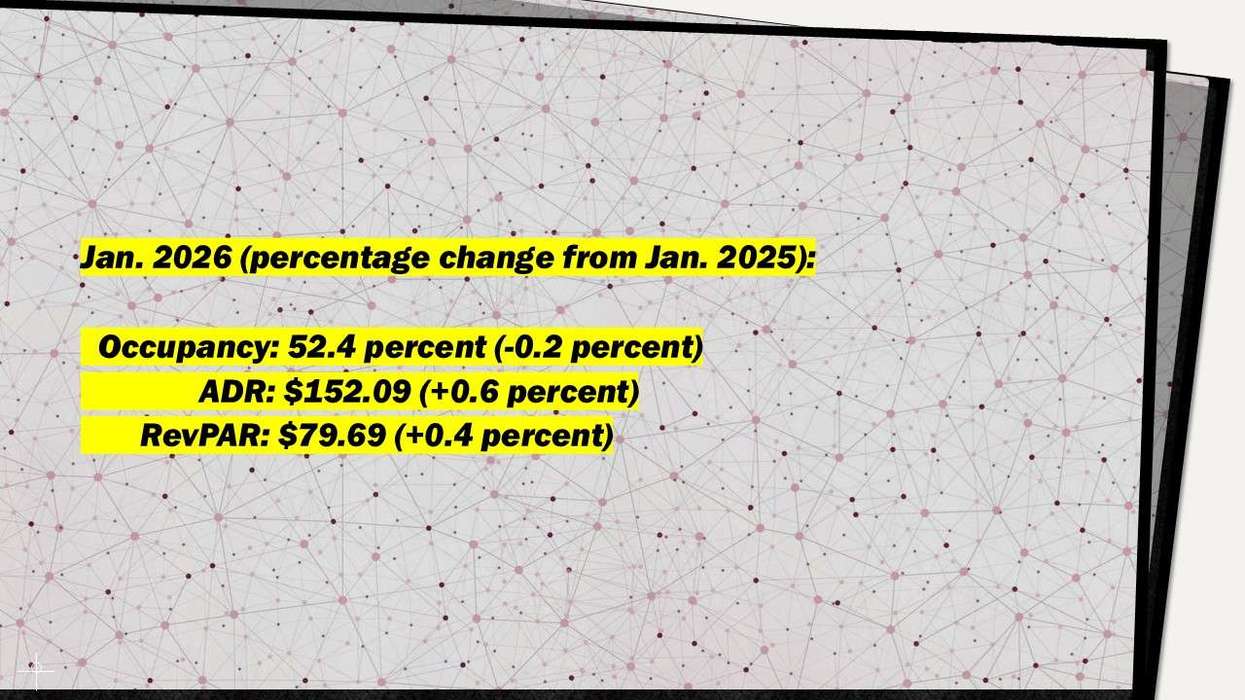Summary:
- Peachtree Group launched a $250 million fund to invest in mispriced hotel and commercial real estate assets affected by market illiquidity.
- The fund targets value-add properties nationwide, with expected activity in Texas, Florida and California.
- Peachtree expects a first close in 60 to 90 days and a final close within 18 months.
PEACHTREE GROUP LAUNCHED the $250 million Peachtree Special Situations Fund to invest in hotel and commercial real estate assets mispriced due to capital market illiquidity. The fund targets properties with value-add potential while limiting downside risk.
It is positioned to step in where traditional capital has pulled back, as nearly $1 trillion in commercial real estate loans mature in 2025 and hotels face refinancing and capital needs, Peachtree said in a statement.
“We believe the next 12 to 18 months offer some of the best risk-adjusted opportunities since the global financial crisis,” said Greg Friedman, Peachtree's managing principal and CEO. “As balance sheet stress and refinancing challenges grow in hotels and other commercial real estate sectors, Peachtree is positioned to deploy capital where it’s needed, delivering returns and solutions for sponsors and lenders.”
Many hotel and commercial real estate owners who financed during the zero-interest-rate era now face capital stack gaps as rates rise and liquidity tightens, the statement said. Peachtree addresses this by providing structured capital to reposition assets and unlock value.
Atlanta-based Peachtree is led by Friedman; Jatin Desai, managing principal and CFO and Mitul Patel, principal.
Core strategies include:
- Off-market acquisitions: Acquiring mispriced hotels and select multifamily, student housing, self-storage and other commercial real estate for repositioning and stabilization.
- Preferred and hybrid equity: Providing capital to sponsors for acquisitions, development or refinancing, with structures that protect basis and support cash flow.
- Distressed purchases from lenders: Acquiring assets through deed-in-lieu or post-foreclosure transactions, below outstanding loan balances and replacement cost.
Friedman said the fund is about capitalizing on dislocation, not chaos.
“We’re targeting assets impacted not by systemic factors but by capital structure, using the speed, structure and execution certainty that have defined Peachtree’s approach for more than a decade,” he said.
Peachtree’s platform spans direct lending, CPACE financing, development, acquisitions and capital markets, providing insight into shifting market dynamics, the company said. Its relationships with community and regional banks and other stakeholders enable it to source opportunities before they reach the broader market.
“We’re the first call when a sponsor or lender needs a fast, reliable solution,” Friedman said. “Speed and surety of close are critical in this environment, especially when dealing with complex capital stacks and distressed notes.”
The fund’s geographic focus is nationwide, with expected deal flow in markets with demand shifts and recent pricing resets, including Texas, Florida and California. Peachtree expects a first close within 60 to 90 days and a final close within 18 months of the initial close.
In June, Peachtree originated a loan for Voyage Capital Group to develop the 146-key AC Hotel by Marriott at Denver Gateway Park.






